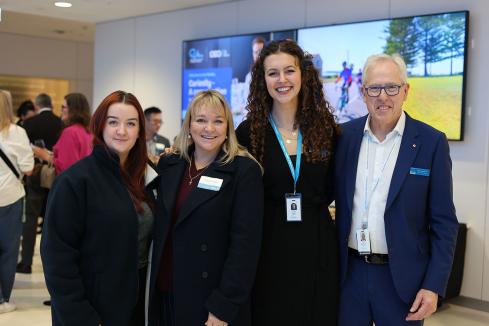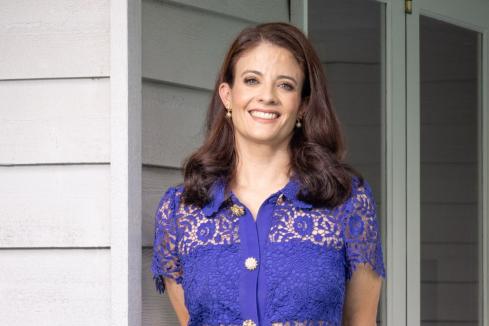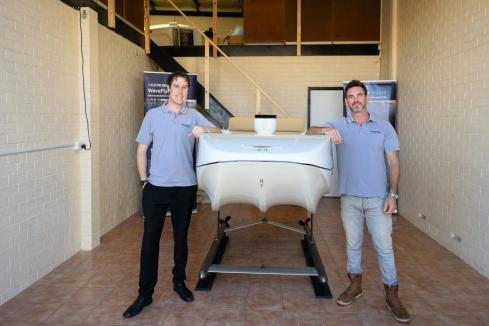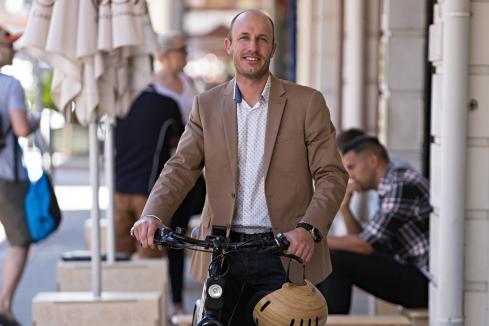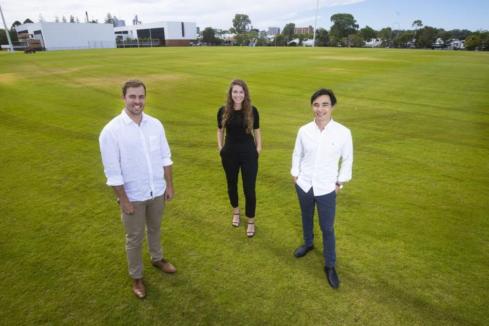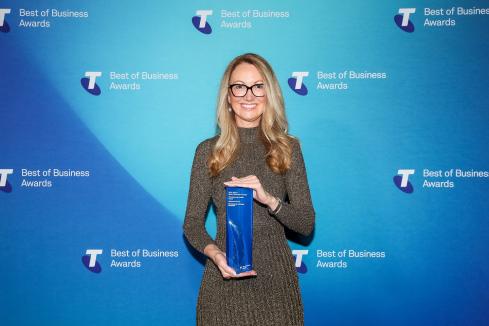WA startups cover a broad range of business sectors, from small players to multi-milliondollar operations.

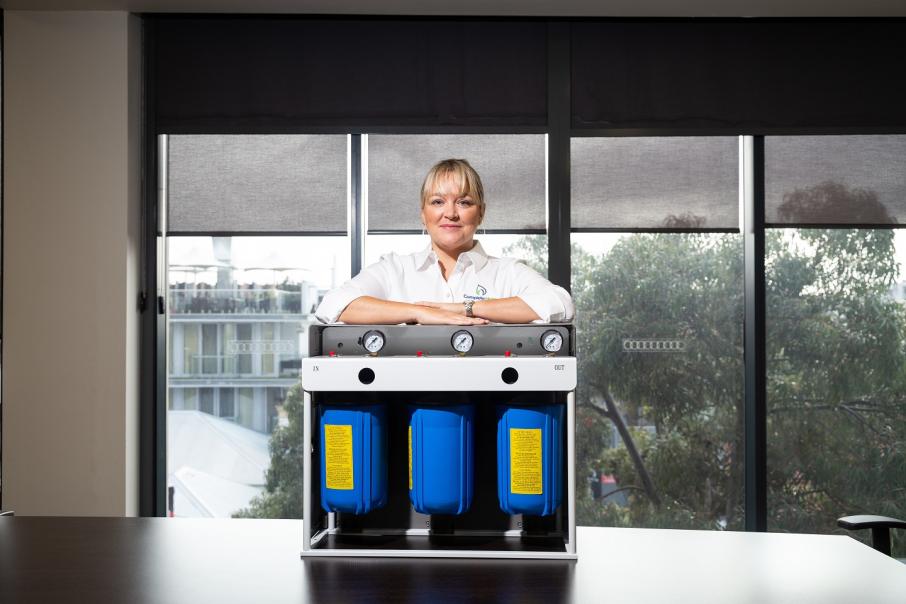
More than 500 startup businesses are operating right now in Western Australia.
Of course, a startup refers to a scalable tech business that is seeking to disrupt a market in some way, so clearly not all businesses that have ‘started up’.
No doubt there are far more than 500 out there.
I am coming across new ones almost daily, and hearing of others that have closed down or gone elsewhere.
The 500 vary from tiny, single-person businesses that are barely making a living to multi-million-dollar companies that are scaling up.
For each one I can identify an owner-founder, what they do, and what industry category they are in.
Categorising
While compiling the list of categories by which to classify these businesses, I tried to come up with enough industry groupings to be meaningful, without having so many that classification became cumbersome.
Finally, I settled on 13 categories (as per the table).
These categories are not perfect.
In some cases, I had to shoehorn a few startups into a category, rather than open up another one.
Many could have fit in multiple categories.
The top three most inhabited categories are B2B, marketplaces and B2C.
These are the only categories that get into double figures, percentage wise, and together represent almost half of all the startups in total.
It would not have been unreasonable to think that, in a state with sizable resources, property and government sectors, WA would be flooded with startups targeting these sectors.
However, these three categories languish mid table or at the bottom.

B2B and SaaS
Perhaps it is no surprise that business to business (B2B) is the favourite type of startup.
Selling an online service to another business, such as a document generation platform (Docmosis) or organisational tech (Functionly) or a meetings tool (GroupMap), would have wide appeal.
It is easier and more cost effective to reach and persuade businesses than consumers.
If your startup can sell a software-as-a-service (SaaS) subscription service, it can scale nicely.
It does not cost anything extra to service another business. Let them login, pay by credit card, and off they go. In comes the revenue.
That’s the theory, anyway.
Marketplaces
Online marketplaces are the second most common category.
Building a whole new place where buyers and sellers meet is challenging.
If sellers find there are no buyers there, they won’t bother posting their products.
If buyers arrive and see little product, they won’t return.
Worse, they’ll tell others how bad the site is.
Balancing and growing demand with supply at the same time is very hard.
But if you get it right, the ‘network effect’ takes hold.
Soon, everyone needs to be on the site due to the dreaded fear of missing out.
So, be it a dating site for people interested in fitness (Fitafy), a fashion-sharing platform (The Volte) or a place to find your next babysitter (Kin Sitters), marketplaces have become a popular startup option.
B2C
Selling directly to consumers can be tempting due to the massive potential market.
While there are 240,000 businesses in WA, there are 2.5 million individual consumers and more than 7 billion globally.
Seventy local startups are giving this a go, whether it’s a car riding service in Port Hedland (H RIDE), a water filtration system for your home from Suzanne Dodds’ Environmental Water Solutions, which trades as Complete Home Filtration, or a new e-bike (Tiller Rides).
Of the 500 or more, which will become the next WA tech story?
It’s hard to predict, but you have to imagine there is some tech gold in there somewhere.
Charlie Gunningham is founder and principal of digital strategy advisory business Damburst






